According to the Republican Party's argument, this law implies that late-arriving ballots should be disqualified, and it is unclear why this restriction was not enforced for over 150 years. The party sued Mississippi, which is one of several states that have been accused of violating this law. The case is now set to be heard by the Supreme Court, with the potential to impact the outcome of future elections.
In a statement, Ian Millhiser, a senior correspondent at Vox, expressed skepticism about the Republican Party's argument, saying, "The premise of the GOP's argument in Watson is that an 1872 law providing that federal elections shall take place on the Tuesday next after the 1st Monday in November, in every even-numbered year requires late-arriving ballots to be tossed and somehow no one noticed this restriction for more than 150 years." Millhiser noted that the Supreme Court's willingness to hear this case suggests that the justices may be open to considering the Republican Party's argument, despite its seemingly far-fetched nature.
The case has significant implications for the integrity of the electoral process, with some arguing that it could lead to the disenfranchisement of thousands of voters. "If the Supreme Court were to rule in favor of the Republican Party, it could have far-reaching consequences for the way elections are conducted in this country," said a spokesperson for the Democratic National Committee. "It's essential that we ensure that every eligible voter has a chance to cast their ballot and have it counted."
The Supreme Court's decision to hear Watson v. Republican National Committee is the latest development in a long-standing debate over the validity of late-arriving ballots. The issue has been contentious in recent years, with some states implementing strict deadlines for ballot submission and others allowing voters to submit their ballots by mail or in person. The case is now set to be heard by the Supreme Court, with a decision expected in the coming months.
In the meantime, election officials and advocacy groups are bracing for the potential impact of the Supreme Court's decision. "We're monitoring the situation closely and are prepared to take action if necessary," said a spokesperson for the National Association of Secretaries of State. "Our top priority is ensuring that every eligible voter has a chance to cast their ballot and have it counted."






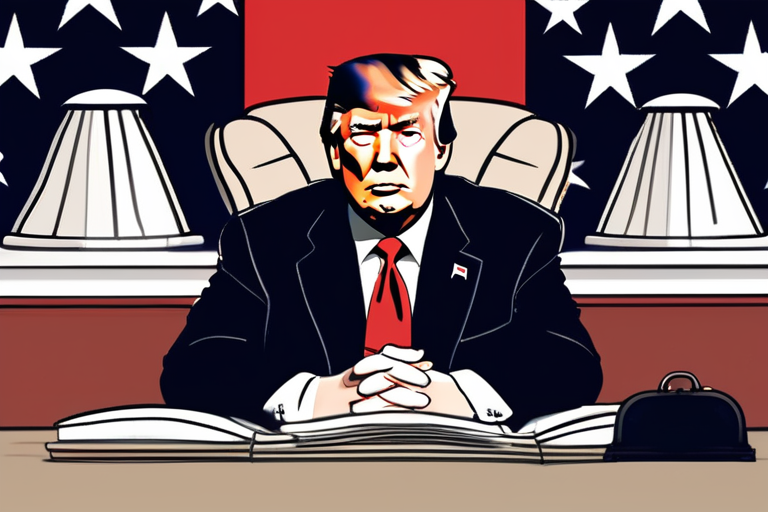

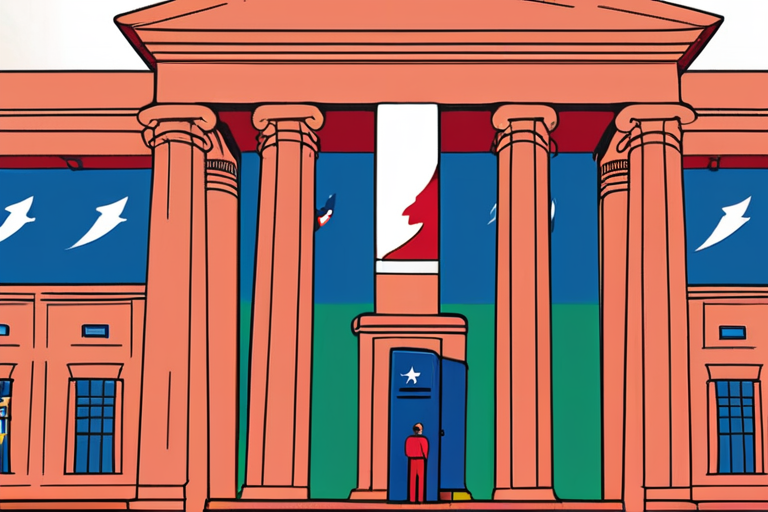
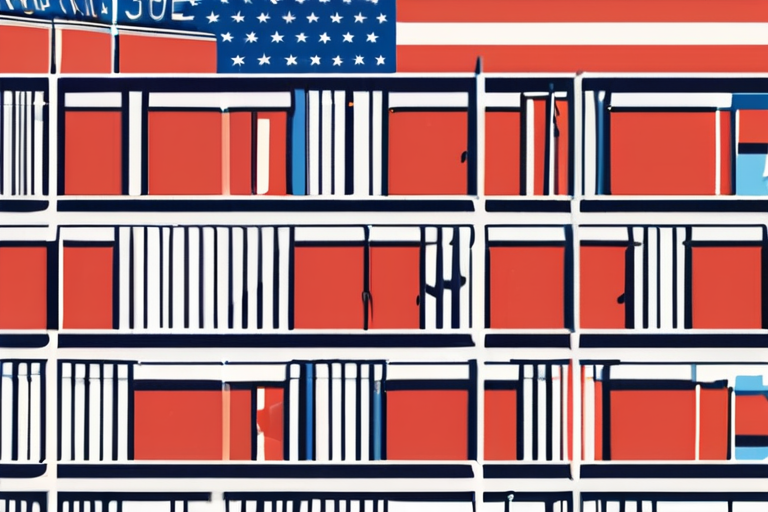
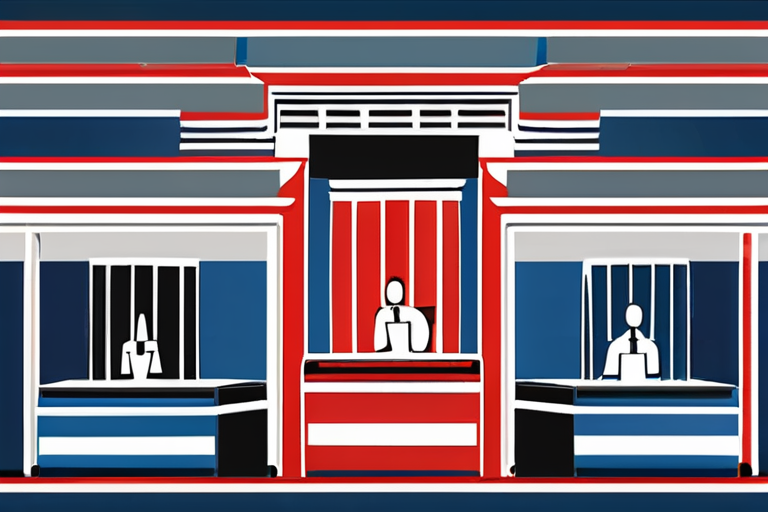
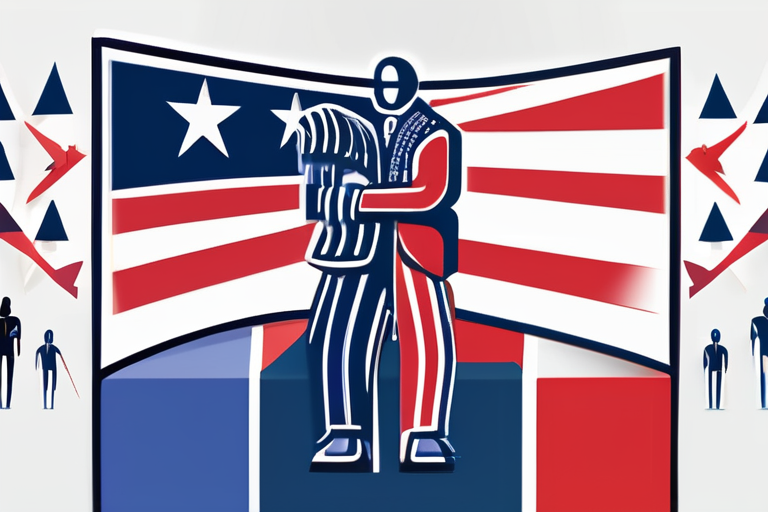
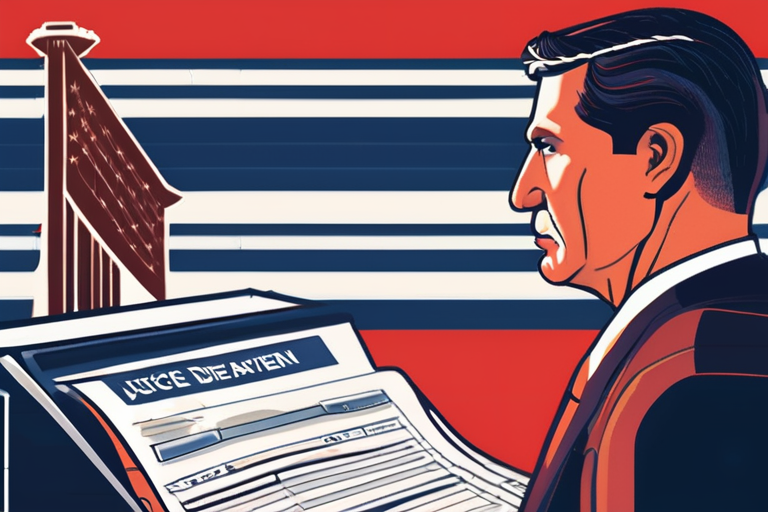





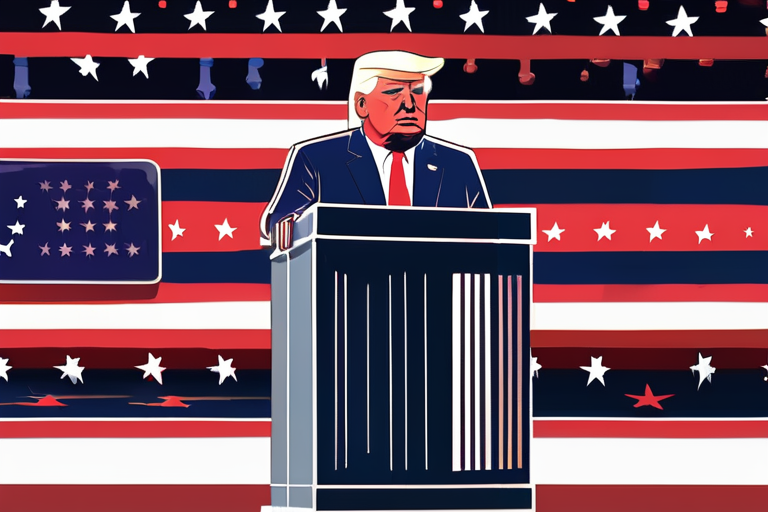





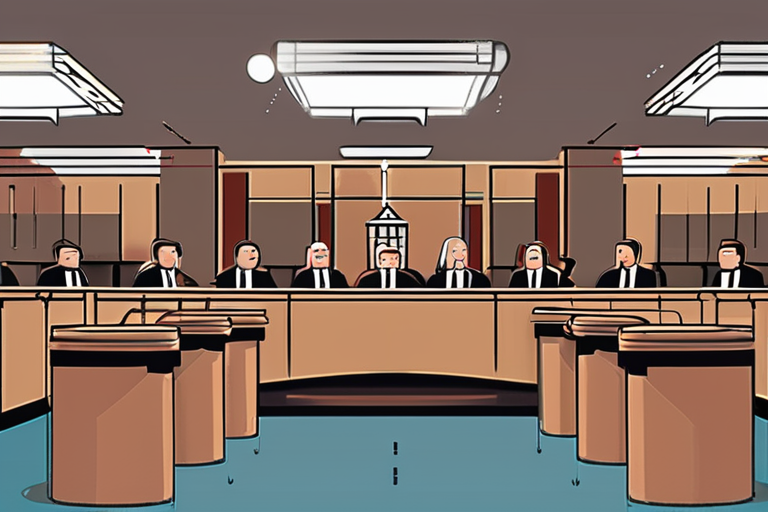
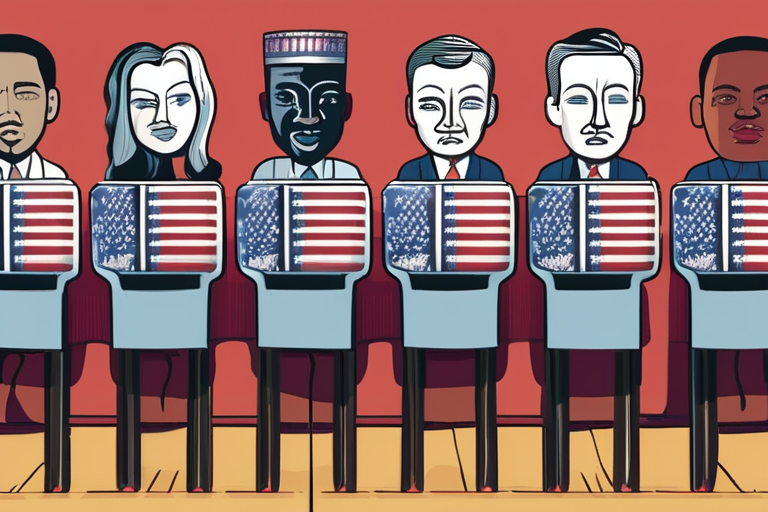
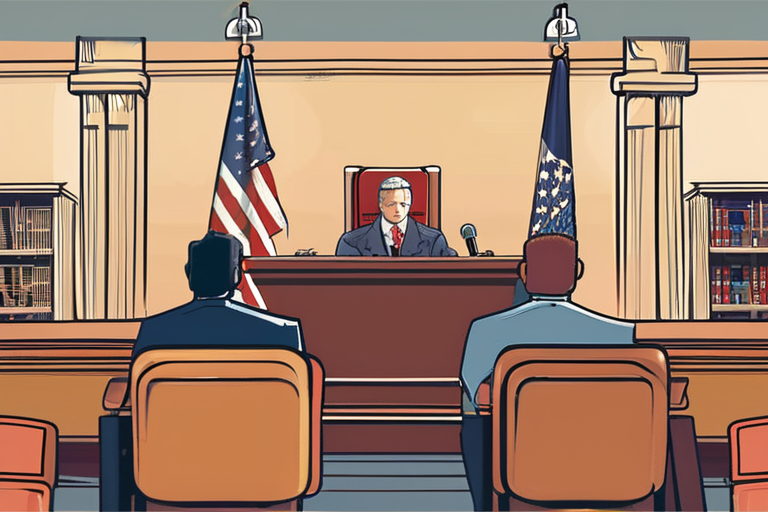
Share & Engage Share
Share this article